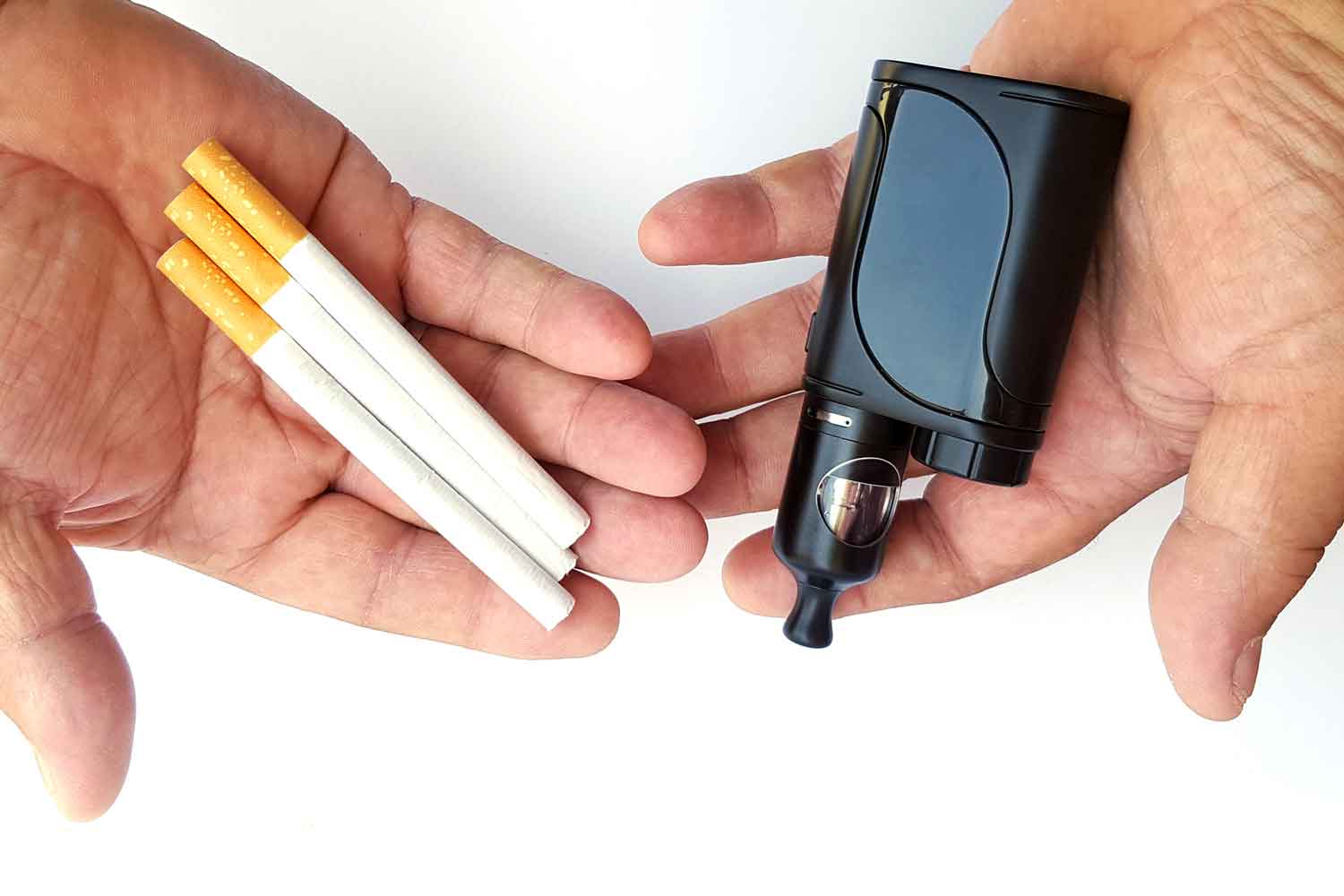The Coalition of Asia Pacific Tobacco Harm Reduction Advocates (CAPHRA) criticized the World Health Organization’s Framework Convention on Tobacco Control (WHO FCTC) for imposing what it calls “insane” registration requirements for the upcoming COP11 in Geneva. Executive Coordinator Nancy Loucas said the late opening of registration, coupled with onerous demands for personal documentation, a letter of intent, a full CV, and a declaration of zero tobacco funding, is deliberately designed to exclude consumer advocacy groups and harm reduction voices. Despite the FCTC being in place for two decades, not a single consumer group has ever been granted observer status, while only 26 NGOs have been approved overall, far fewer than in comparable UN forums such as climate negotiations.
CAPHRA said the WHO’s restrictive interpretation of Article 5.3 has been weaponized to silence stakeholders, including people who smoke or use safer nicotine products. Proceedings remain closed to the media and the public, with no live streaming or meaningful transparency, a practice Loucas calls fundamentally undemocratic. CAPHRA is urging reform to allow full and fair participation, stressing that genuine tobacco harm reduction requires including the very consumers most affected by global policy decisions.




